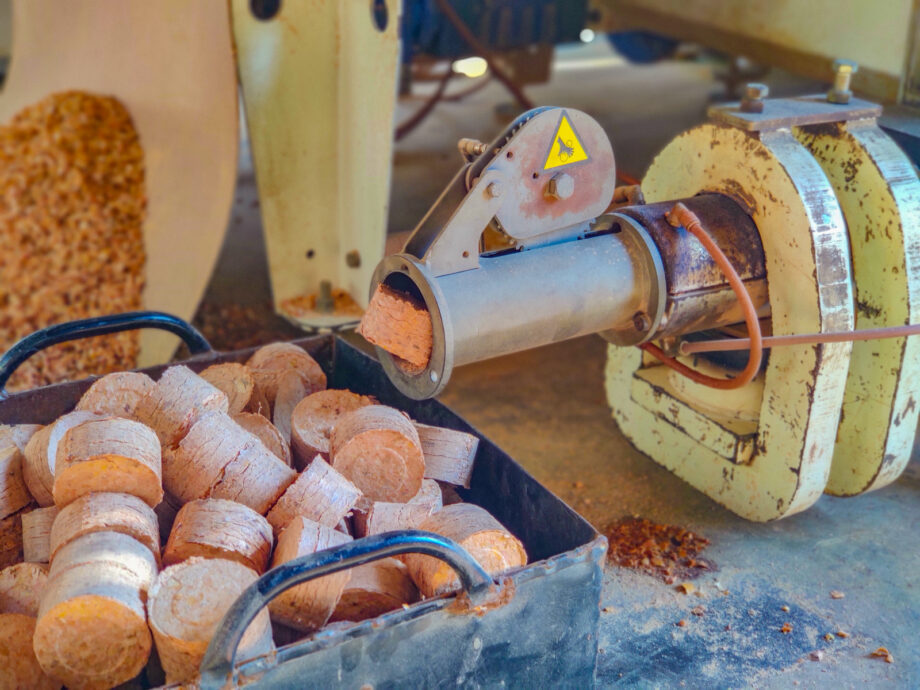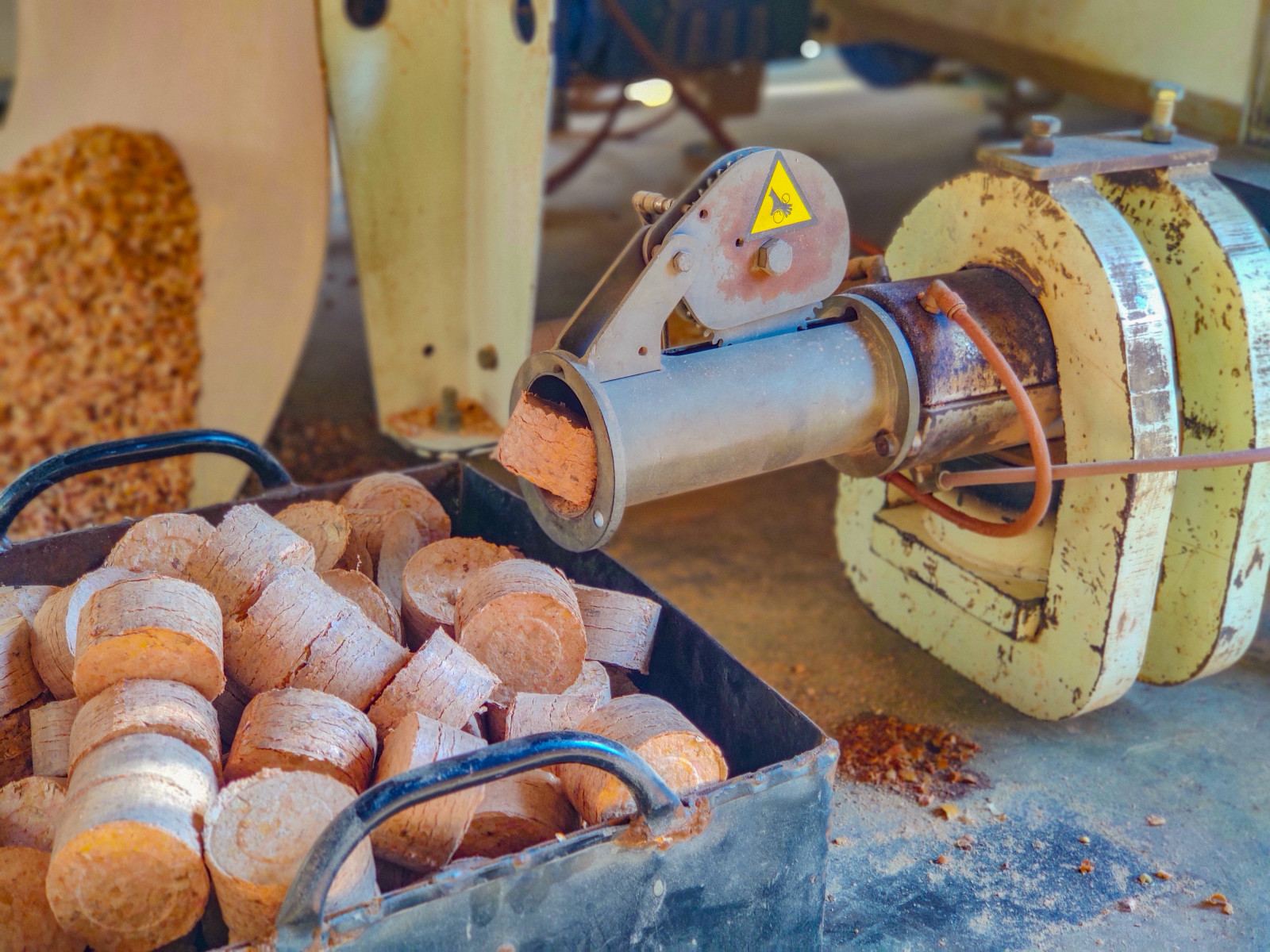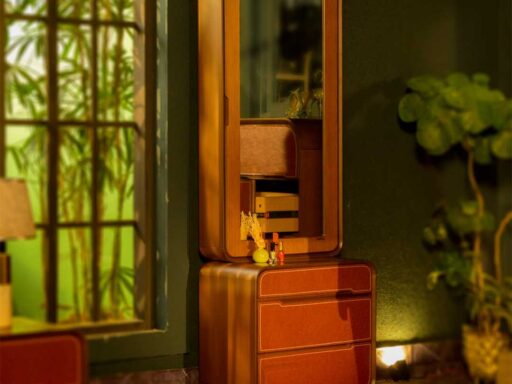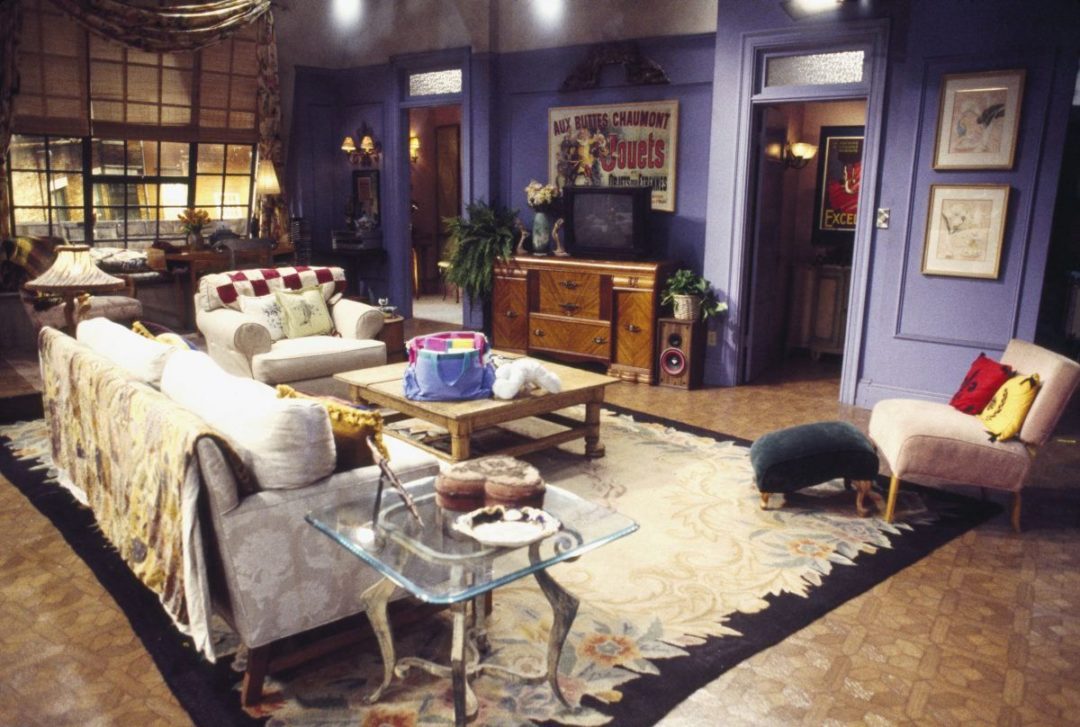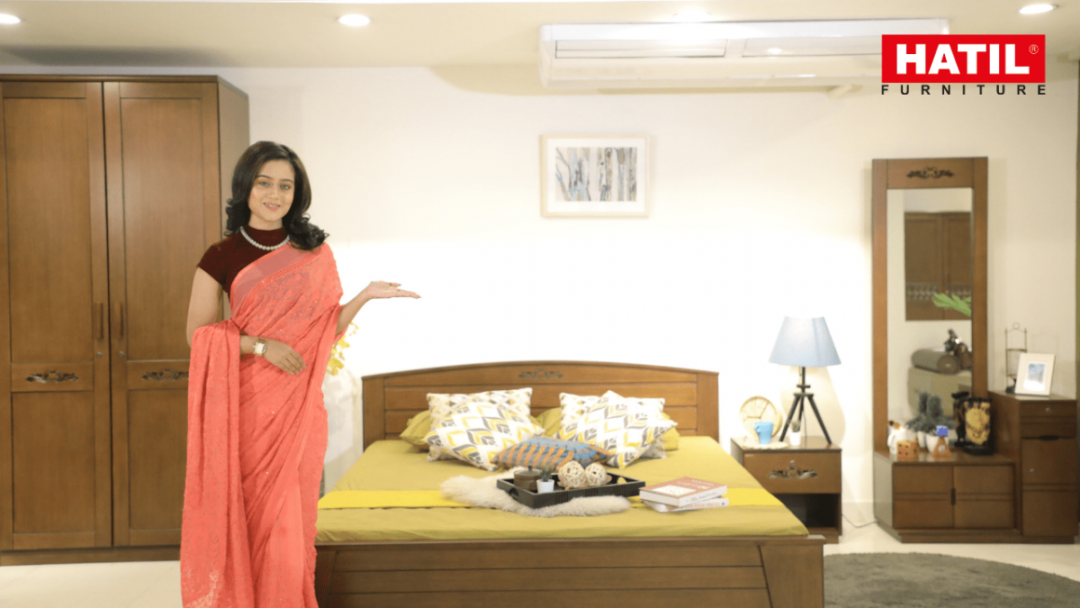In recent years, climate change has become a critical issue that demands attention worldwide. Extreme flooding, excessive rainfall, and unexpected storms dominate headlines nationally and globally. Therefore, it is high time we take urgent steps to address the environmental damage caused by human activities in the name of development and progress.
In today’s society, we often rely on trendy and modern products for our daily needs. This emphasis on modern demands sometimes overshadows the importance of simplicity. As a result, there is an ongoing phase for innovation, which significantly impacts the planet. Hence, as responsible individuals, in this continuous development process, we should prioritize reusing and recycling materials and seek innovative ways to reduce carbon dioxide emissions on Earth.
In this regard, as a global furniture brand, HATIL takes various initiatives to reduce the harm it may cause by manufacturing furniture products to ensure sustainable living conditions. Through these initiatives and a focus on innovative practices, HATIL continues to explore new ways to minimize environmental risk and deliver quality products to its customers. Let’s explore how they contribute to sustainable living.
HATIL’s Strategy
As a leading furniture brand, HATIL is deeply committed to sustainability and actively seeks to minimize the environmental impact associated with the production and manufacturing of its furniture products. To achieve these goals, the company has implemented a unique strategy that involves three major phases.
HATIL collects and recycles wood particles generated during the manufacturing process. This includes dust and industrial waste. By reprocessing these materials, HATIL transforms them into briquettes that are used as fuel in production. In addition to these recycling processes, HATIL recognizes the significance of energy consumption. Thus, the company has invested in a solar panel setup, which not only meets a significant portion of its energy demands but also plays a crucial role in reducing the overall carbon footprint associated with its operations.
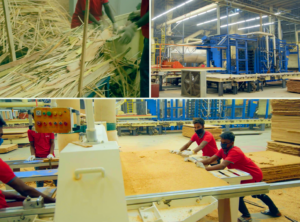
Process of Recycling Industrial Waste
As part of the furniture manufacturing process, HATIL generates three major types of industrial waste: fine wood dust, fabric and foam leftovers, and small wood offcuts. HATIL does not view these materials as waste; instead, they initiate a process through which these byproducts are transformed into valuable resources.
The production process generates a significant amount of fine wood dust, which can be hazardous to both the environment and the health of workers in the factory. Recognizing this issue, HATIL has implemented a state-of-the-art central dust collection system. This machine actively collects wood dust from the air and converts it into briquettes or wood cakes. These wood cakes are then used as fuel in the boiler, which not only reduces air pollution but also minimizes health risks by ensuring safer working conditions.
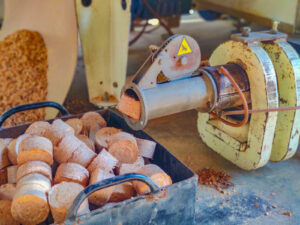
In addition to addressing wood dust, HATIL processes wood offcuts using larger machinery to create particle boards, which are then utilized in further furniture production. Moreover, the leftover fabric and foam are not discarded. Instead, these unused materials are transformed into rebounded mattresses.
Hence, by following these processes, HATIL believes these significant initiatives will add considerable value to the environment. To protect nature and improve environmental conditions, it is important that reusing and recycling go beyond just being concepts; they should be actively practiced, accepted, and implemented worldwide. Here HATIL is leading the way toward a more sustainable future in the furniture sector.

